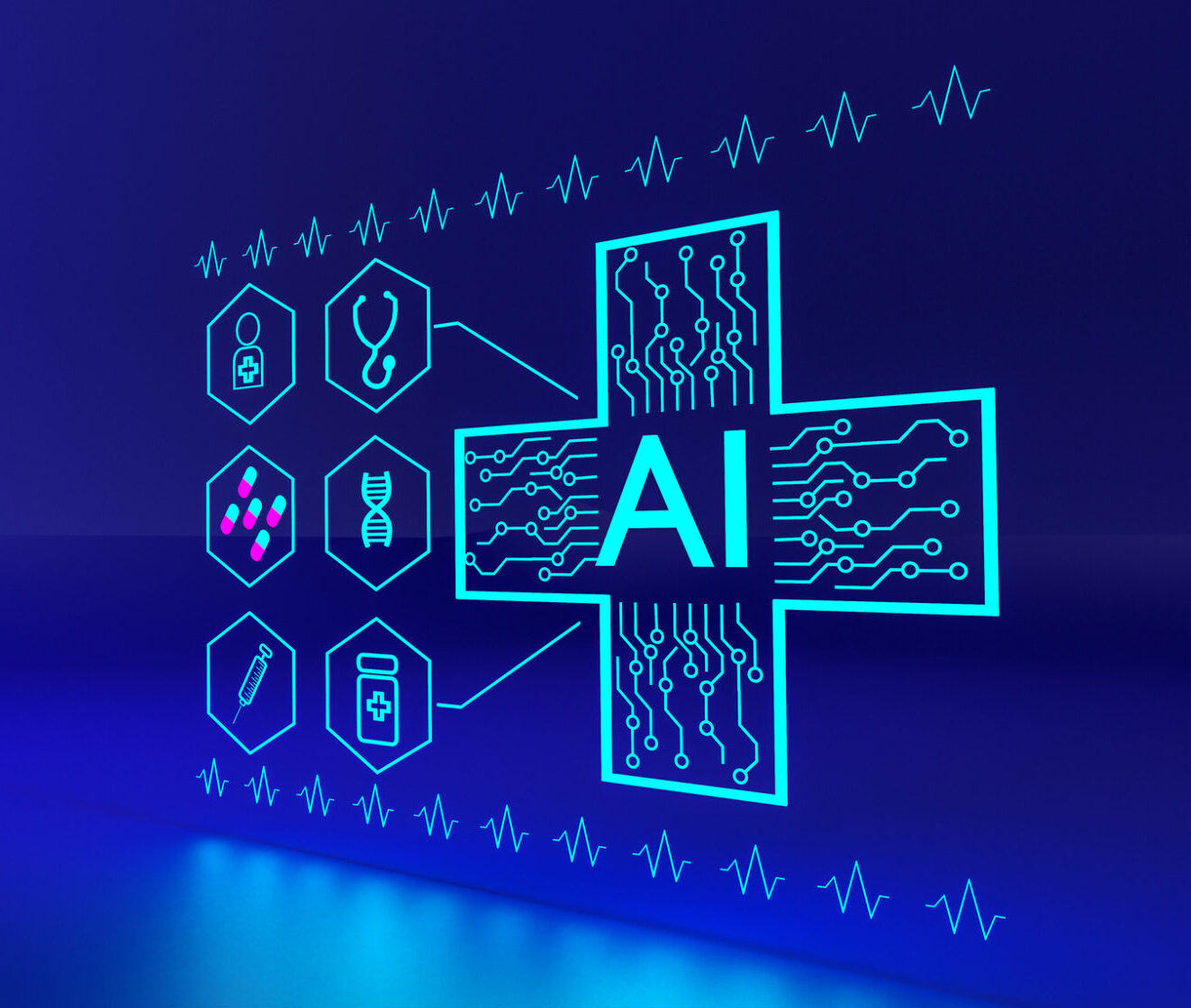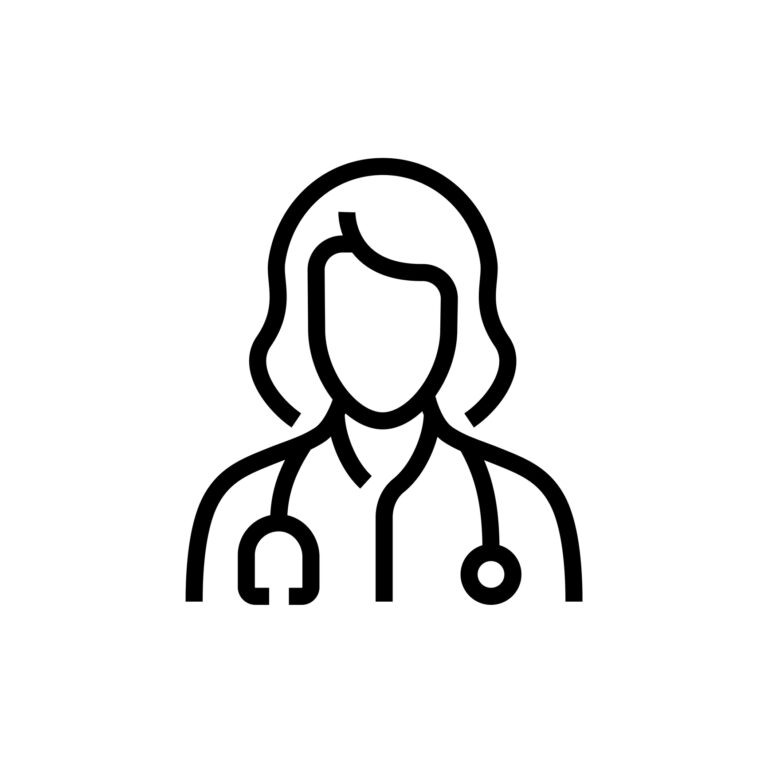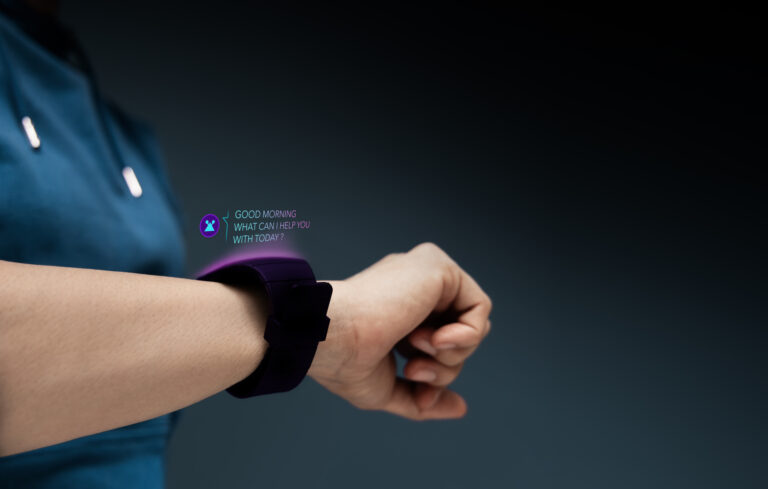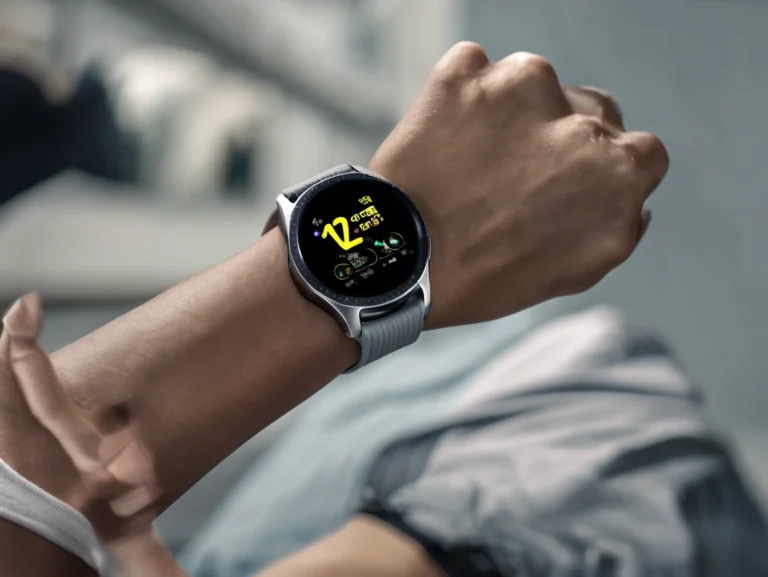
Can AI predict heart attacks? Exploring Predictive Analytics in Healthcare
Heart attacks strike without warning, but what if AI could predict them before they happen? From machine learning models analyzing ECGs to AI-powered wearable tech detecting early warning signs, predictive analytics is revolutionizing cardiovascular care. Dive into the future of AI-driven heart health and how it’s reshaping patient care.
Heart attacks don’t knock first. They don’t send a text saying, “Hey, just a heads up, I’ll be here next Tuesday at 3 PM.” Instead, they strike suddenly, often with devastating consequences. But what if we could predict them before they happen? What if artificial intelligence (AI) could analyze patient data and warn us—perhaps days, weeks, or even months in advance? That’s the promise of predictive analytics in healthcare, and it’s not as futuristic as it sounds.
The Growing Burden of Heart Disease
Cardiovascular disease (CVD) is the leading cause of death globally, claiming around 17.9 million lives each year (World Health Organization, 2021). A significant chunk of these deaths comes from heart attacks, which often occur due to undetected or mismanaged risk factors like hypertension, diabetes, and high cholesterol. Healthcare professionals already use tools like ECGs, blood tests, and stress tests to assess heart health, but these methods are often reactive rather than proactive.
Enter AI.
How AI is Changing the Game in Cardiology
AI and machine learning (ML) algorithms have the power to process massive amounts of health data, detect patterns, and provide predictive insights. Instead of waiting for symptoms to appear, these systems analyze a patient’s health records, genetic information, lifestyle habits, and even real-time data from wearable devices to estimate their risk of a heart attack.
1. Predicting Heart Attacks Using Machine Learning
Recent research shows that ML models can outperform traditional risk calculators like the Framingham Risk Score. For example, a study published in The Lancet Digital Health found that AI models trained on ECG data could predict the risk of heart failure and heart attacks better than cardiologists. Similarly, Google’s DeepMind and IBM Watson Health are working on AI-powered solutions that detect warning signs far earlier than conventional methods.
AI-driven models typically assess:
- Electrocardiogram (ECG) patterns: AI can flag subtle changes in ECG readings, often imperceptible to the human eye, as early indicators of cardiovascular stress.
- Imaging analysis: AI-enhanced CT scans and MRIs can detect plaque buildup in arteries, helping predict blockages before they become critical.
- Electronic Health Records (EHRs): AI combs through patient histories, identifying those with high-risk factors and recommending early interventions.
2. Wearable Tech & AI: A Life-Saving Duo
Smartwatches aren’t just for tracking steps anymore. Wearable devices like the Apple Watch, Fitbit, and Withings have built-in ECG functionality that continuously monitors heart rhythms. In 2018, the FDA approved the Apple Watch’s ECG feature, and since then, multiple studies have confirmed its ability to detect atrial fibrillation (AFib), a major risk factor for strokes and heart attacks.
Companies like AliveCor and Biofourmis are taking it further, combining AI and biosensors to predict heart issues before they occur. Imagine a nurse getting an alert about a high-risk patient experiencing abnormal heart activity before they even feel symptoms—that’s where AI-driven predictive analytics shines.
Challenges & Limitations
Of course, AI isn’t perfect. While the technology is promising, it comes with hurdles:
- Data Bias: AI models are only as good as the data they’re trained on. If datasets lack diversity, predictions may not be accurate for all populations.
- False Positives & Negatives: No algorithm is 100% accurate, and false alarms can lead to unnecessary stress and medical interventions.
- Integration with Healthcare Systems: Many hospitals still use outdated software that doesn’t seamlessly integrate with AI-driven tools. Without proper EHR compatibility, implementation remains a challenge.
- Regulatory Hurdles: AI in healthcare is subject to strict regulations, ensuring safety and reliability before widespread adoption.
The Future: AI and Personalized Preventative Care
AI isn’t just about predicting heart attacks; it’s about transforming patient care from reactive to proactive. Imagine a future where:
- AI chatbots provide real-time lifestyle coaching based on your heart health data.
- Personalized medication adjustments are made based on predictive modeling.
- AI-powered virtual nurses assist clinicians in monitoring high-risk patients remotely.
- Hospitals implement AI-driven risk stratification, focusing resources on those most in need.
This vision isn’t far off. The Mayo Clinic, Cleveland Clinic, and Stanford Health are already integrating AI into cardiovascular care, demonstrating its potential to significantly reduce heart attack mortality rates.
What Healthcare Professionals Should Do Next
For nurses, doctors, and health tech enthusiasts, now is the time to embrace AI-driven predictive analytics. Here’s how:
- Stay Educated: Follow research in AI and cardiology to understand emerging trends.
- Advocate for Better Tech: Push for hospital systems to integrate AI-powered tools that improve patient outcomes.
- Encourage Patients to Use Wearables: Devices like smartwatches can provide early warning signs and should be encouraged for at-risk patients.
- Collaborate with Tech Experts: Healthcare startups and AI developers need clinical input to fine-tune models and make them more practical for everyday use.
Final Thoughts: Can AI Predict Heart Attacks?
The short answer? Yes, and it’s getting better every day. While AI can’t yet replace human judgment, it can enhance decision-making, allowing clinicians to identify high-risk patients before disaster strikes. As technology evolves, predictive analytics will become essential in preventing cardiovascular disease, saving countless lives.
So, while heart attacks may still be silent killers, AI is giving us a much-needed megaphone to sound the alarm before it’s too late. The future of cardiology is here—are we ready to embrace it?




